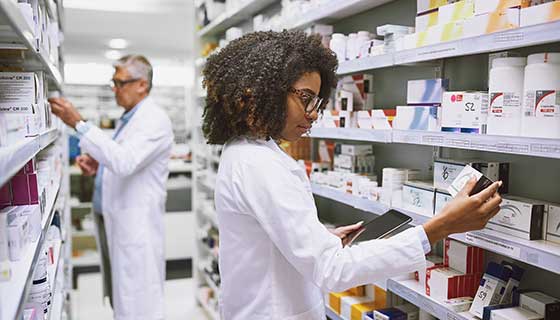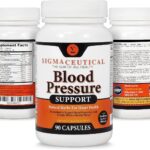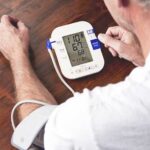List of Blood Pressure Medications Recalled By The FDA

Blood pressure is the force of your blood pushing against the walls of your arteries. Each time your heart beats, it pumps blood into the arteries. Your blood pressure is highest when your heart beats, pumping the blood.
Elevated blood pressure is defined as a systolic pressure between 120 and 129 with a diastolic pressure of less than 80. High blood pressure is defined as 130 or higher for the first number, or 80 or higher for the second number. The exact causes of high blood pressure are not known, but several things may play a role, including:
• Smoking
• Being overweight or obese
• Lack of physical activity
• Too much salt in the diet
• Too much alcohol consumption (more than 1 to 2 drinks per day)
• Stress
• Older age
• Genetics
• Family history of high blood pressure
• Chronic kidney disease
• Adrenal and thyroid disorders
• Sleep apnea
In as many as 95% of high blood pressure cases in the U.S., the underlying cause can’t be found. This type of high blood pressure is called “essential hypertension.” Though essential hypertension remains somewhat mysterious, it has been linked to certain risk factors. High blood pressure tends to run in families and is more likely to affect men than women. Age and race also play a role. In the United States, blacks are twice as likely as whites to have high blood pressure, although the gap begins to narrow around age 44. After age 65, black women have the highest incidence of high blood pressure.
High Blood Pressure Medications
High blood pressure can lead to many serious health problems, such as heart attack, heart failure, stroke, and kidney disease. Treating high blood pressure early is important in preventing these and other problems. Dozens of different medications can help treat high blood pressure. These drugs are called antihypertensives. They’re divided into many different categories, each of which works differently.
However, blood pressure medication has recently been the subject of controversy following several voluntary and forced recalls of some blood pressure medications.
Over the past several months, the FDA has recalled certain lots of angiotensin II receptor blocker (ARB) medications due to the presence of impurities. These contaminants — nitrosamine impurities — may occur as a byproduct of the manufacturing process. They include N-Nitrosodiethylamine (NDEA) N-Nitrosodimethylamine (NDMA) and N-nitrosoirbesartan which can potentially cause cancer. These substances are found in the environment as well in meats, dairy products, and water, but their presence in medications is not acceptable. Therefore, the FDA sets acceptable safety limits on the presence of these impurities in drugs.
Which blood pressure medications are affected by the recall?
The following blood pressure medications were produced by LUPIN, recalled because ingredient testing detected high levels of N-nitrosoirbesartan, a potentially cancer-causing impurity:
| Medication | Lot Number |
| Irbesartan Tablets, 75mg | H000843, H805727, H901579, H000844, H000964, H804311, H805267, H805268, H805269, H805725, H805726, H901497, H901577, H901578, H902258 |
| Irbesartan Tablets, 150 mg | H804403, H805251, H805640, H901580, H804492, H805252, H805253, H805641, H805642, H805643, H901581, H902139, H902140 |
| Irbesartan Tablets, 300 mg | H804310, H900050, H902262, H000845, H000846, H000965, H805345, H805346, H805347, H805724, H900061, H900062, H900445, H901489, H901490, H901491, H902261 |
| Irbesartan-Hydrochlorothiazide Tablets, 150mg/12.5mg | H804537, H805148, H900063, H900522, H901582, H000963, H804507, H804536, H805070, H805149, H900064, H900523, H901583, H902530 |
| Irbesartan-Hydrochlorothiazide Tablets, 300mg/12.5mg | H804192, H805348, H900065, H902264, H804082, H804121, H804338, H804538, H804539, H805349, H805350, H900066, H900067, H902265, H902275, H902276, H902531, H902532 |
Source: FDA
You can find the full list of all blood pressure medications recalled by the FDA as at the time of writing this in the link and document below
Patients who are taking any of the recalled medications are advised to continue taking them and contact their pharmacist, physician, or medical provider to discuss an alternative treatment option.
Any adverse reactions or quality problems experienced with the use of these products may be reported to the Food and Drug Administration’s (FDA) MedWatch Adverse Event Reporting program online or by mail or fax using this downloadable form.





